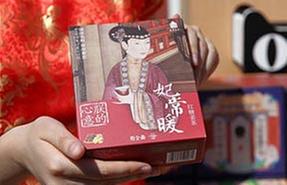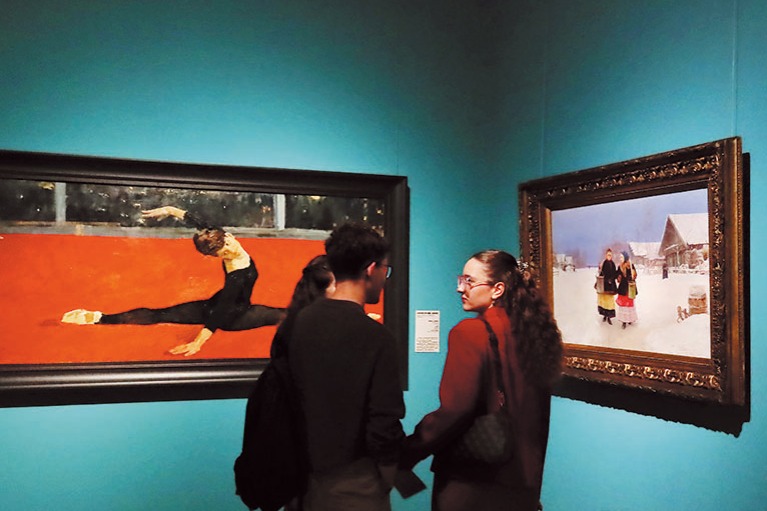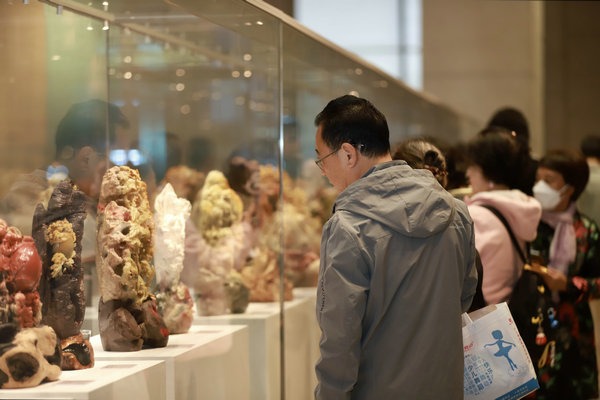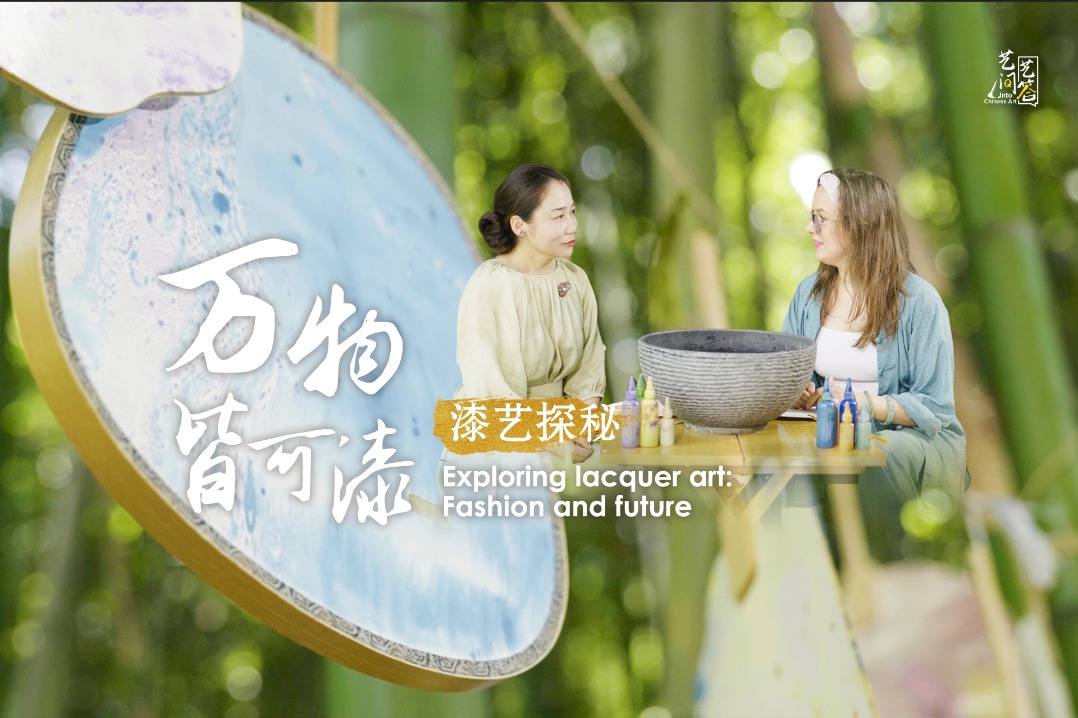Royal food from Forbidden City sold online

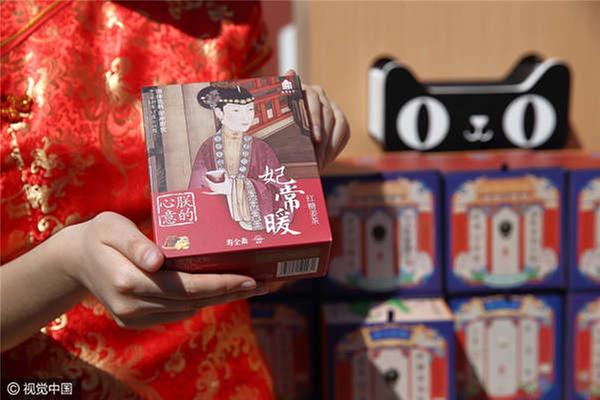 |
| Brown sugar and ginger tea, which was often used by the Empress Dowager Ci Xi of the Qing Dynasty, is released by the Palace Museum in Beijing, April 23, 2017. [Photo/VCG] |
Royal food from the Forbidden City is now available for purchase at Tmall, a major Chinese online marketplace, as a part of new steps for the Palace Museum to develop its cultural creative products.
A food tasting event was held at the Baoyun Building in the Palace Museum on Sunday. During the event, the museum announced that its flagship food store "Regard from the Emperor" is officially available online at Tmall, and a series of food made according to ancient recipes during the Qing Dynasty (1644-1911) are now on sale.
The food products are innovatively themed on the 24 Solar Terms, or the ancient classics. For example, a porridge powder made of lotus seed and ingredients from traditional Chinese medicine is inspired by the 24 Solar Terms. Cookies were created based on the ancient book Hai Cuo Tu, which contains pictures of more than 300 types of deep sea creatures, as drawn by Qing Dynasty painter Nie Huang, along with a record of their biological habits.
Furthermore, the brown sugar and ginger tea, which was often used by the Empress Dowager Ci Xi of the Qing Dynasty, and the Chinese chestnut favored by Emperor Qianlong can also be purchased at the flagship store. Foods served in the palace are always made from high-quality ingredients. For example, the ginger is from the high mountains in Yunnan province, which is organic, and the chestnuts are from Yanshan Mountain in Hebei province, which is where royal chestnuts were grown during the Ming (1368-1644) and Qing dynasties.
According to Lou Wei, the deputy curator the Palace Museum, the food are all created and produced by time-honored brands like Shou Quan Zhai, and marks an attempt to combine China's traditional food culture with people's online shopping habits.


